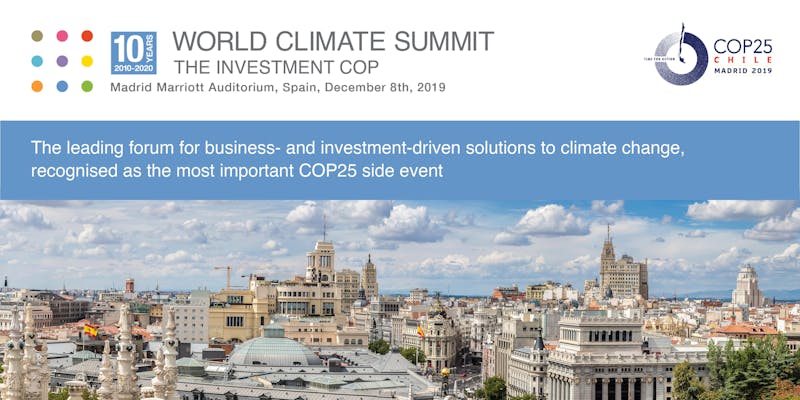
Human-made climate change derived from the overuse of
raw materials and non-renewable energy resources, is one of the major threats
the world faces today.It will probably increase in floods and droughts, causing
an impact on food and water supply, displacement and clashes. Being aware of
this European Commission has set climate and energy package also known as
20-20-20 energy targets. To take actions towards this threat is a
responsibility of the schools in this partnership as well as all European Union
citizens. According to the surveys carried in 6 partner schools from different
European countries, the main common weakness of the schools is the students’
negative attitudes to overuse of energy, overconsumption within households and
being insensitive to the environmental issues which are due to the lack of
education in ecological patterns. Moreover the students have difficulty in
reading and interpreting graphs, being fluent to communicate in English and
using ICT and creative problem-solving skills. The teachers need to improve
their teaching competence in these matters by exchanging ideas and good
practices. Having reached these results, the partner schools have come together
to implement this project, "Eco Thinking For Eco Living". Our main
aim is to help the participants acquire new skills and competences and
strengthen their profile. Our objectives are to equip them with scientific
knowledge about environmental issues and to raise their awareness about the
importance of energy saving, to increase their creative thinking skills by
working in international teams and making decisions, to highlight the renewable
energy resources thus to make them more responsible for common European
heritage, to deepen the participant's' knowledge of the various ways of protecting
environment in European countries, to make the participants gain digital
fluency and while searching for relevant data, to enrich students' technical
and scientific vocabulary using graphs/diagrams and discussing the results, to
enhance students and teacher's English language competence by working on the
environmental issues and communicating with each other, to improve pupils'
skills of creative problem solving through team work, which will be an
investment for their future careers, to raise the participants' awareness of
the fact that despite cultural diversities they all have the same goal as
responsible European citizens to combat climate change.
24 students who are 14-18 years old and 12 teachers
are involved in the Project. There will be monthly online meetings, and 6 short
term exchanges of groups of pupils, where participants work together for the
exchange of good practices. 4 students and 2 accompanying teachers from each
school will take place in each student exchange. They will be chosen fairly
according to the selection criteria discussed about and decided by the
partners.
The participants will gain creative thinking,
entrepreneurial and problem solving experience and abilities by working in
intercultural groups, brainstorming, face-to face discussing, designing
environmentally-friendly or energy saving devices and making various objects
from recyclable materials. They will visit waste-recycling and environmental
plants in different European countries so that they can deepen knowledge of
protecting environment. In the joint work as peer learning workshops they will
improve their ICT and linguistic abilities and gain self-esteem which will be
an










